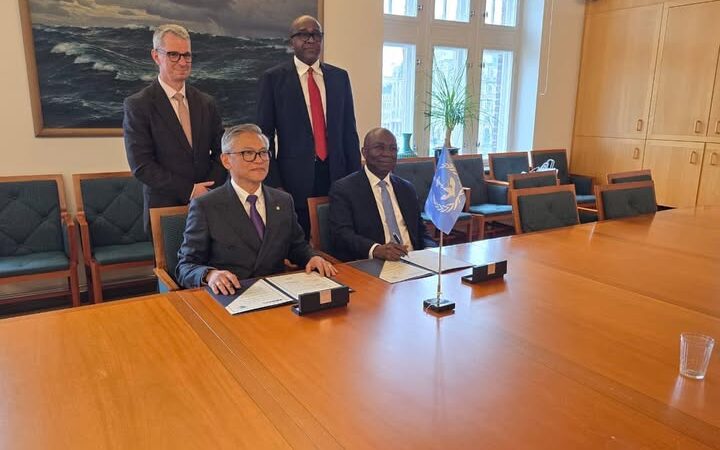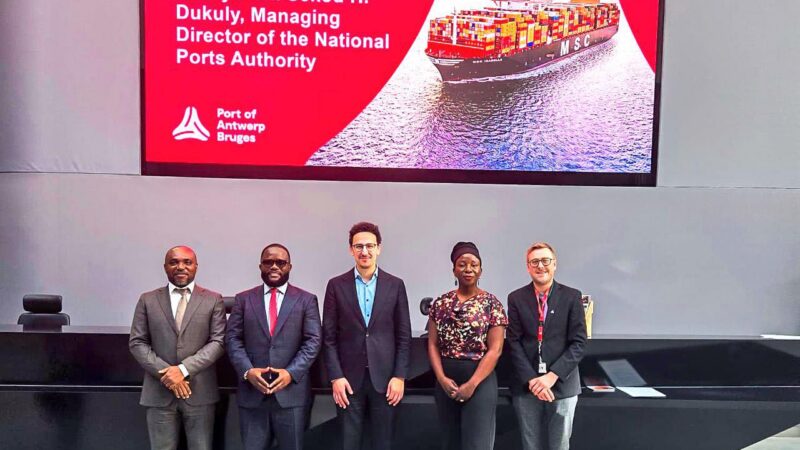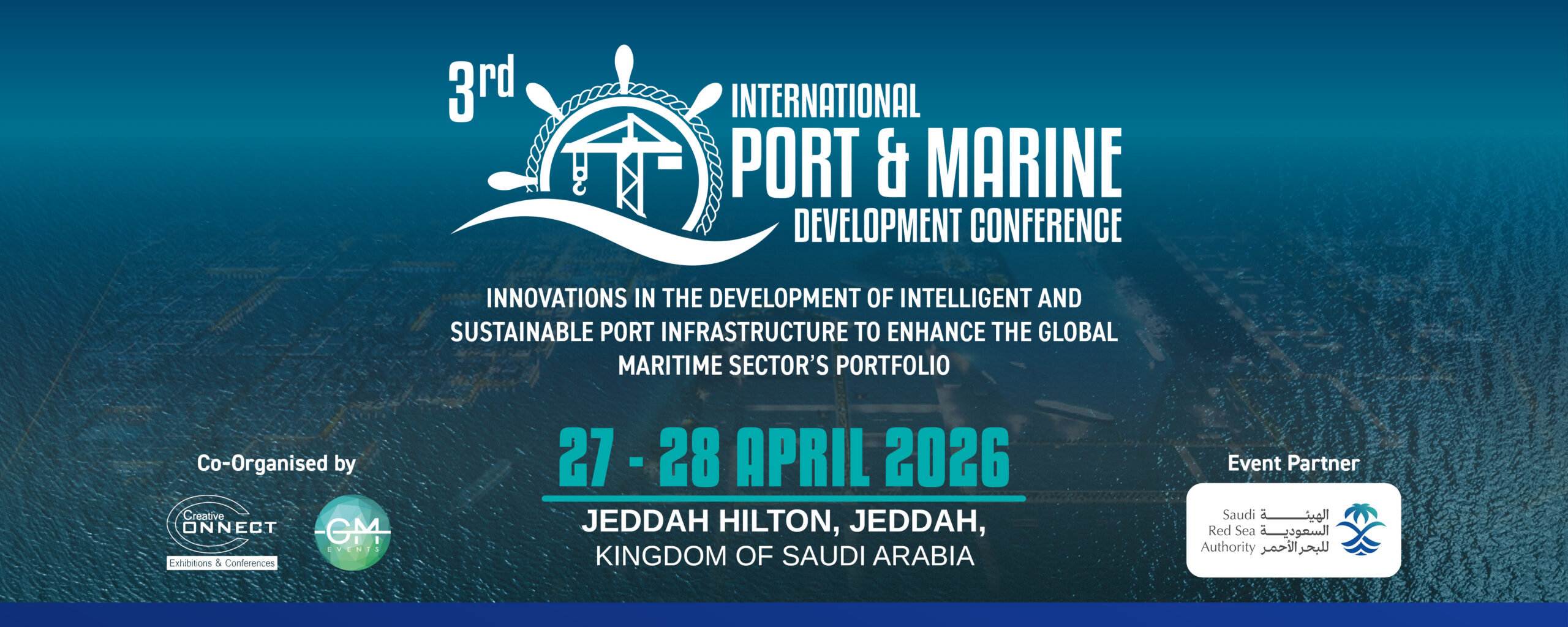Pushing for implementation of hazardous and noxious substances liability treaty
The final piece of the puzzle in the liability and compensation treaty regime for shipping will fall into place when the 2010 Convention on Liability for Damage in Connection with the Carriage of Hazardous and Noxious Substances by Sea (HNS) enters into force. A workshop (1-2 May) jointly hosted by the International Oil Pollution Compensation Funds (IOPC Funds) and the International Maritime Organization (IMO) focused on the practical elements of implementation, specifically on HNS cargo reporting. It was attended by representatives from 57 States and a wide range of participants from industry and interested organizations.
The HNS Convention establishes the “polluter pays” principle, by ensuring that the shipping and HNS industries provide compensation for those who have suffered loss or damage resulting from an HNS incident. Reporting of HNS cargo is essential since the HNS Convention will establish a two-tier system for compensation to be paid in the event of accidents at sea, involving hazardous and noxious substances such as chemicals.
Tier one will be covered by compulsory insurance taken out by shipowners, who would be able to limit their liability. In those cases where the insurance does not cover an incident, or is insufficient to satisfy the claim, a second tier of compensation will be paid from a fund, made up of contributions from the receivers of HNS. Contributions will be calculated according to the amount of HNS received in each Party in the preceding calendar year.
Opening the workshop, Mrs. Dorota Lost-Sieminska, Director of the Legal Affairs and External Relations Division of IMO, recalled the 2010 Diplomatic Conference that had adopted the HNS Protocol and said that after 14 years the treaty was nearing entry into force. The 2010 HNS Convention enters into force after 12 States (including 4 States with more than 2 million units of gross tonnage) with a total of 40 million of contributing HNS cargo have ratified the 2010 HNS Protocol. IOPC Funds’ Director, Mr Gaute Sivertsen, reaffirmed that sentiment in his opening remarks, stressing that the aim of the workshop was to assist States in the development of an efficient reporting system for HNS cargo. Mr Sivertsen, further referenced the IOPC Funds experience in managing the Funds, established by IMO treaties, which provide compensation for oil pollution damage resulting from spills of persistent oil from tankers. whilst the reporting of HNS would be more complex, it was certainly manageable with the right systems and processes in place from the start, he said.
Mr. Jan Engel De Boer, Senior Legal Officer at IMO, said there were, at present, eight Contracting States to the Protocol, five of which have more than 2 million units of gross tonnage. The eight Contracting States received, in 2022, a total quantity of 17,527,853 tonnes of cargo contributing to the general account (which amounts currently to 43.8% of the requirement). Given that several countries have expressed their commitment to ratifying the treaty in the near future, he noted that there is a good chance that the entry into force provisions will be triggered in 2025 so that the convention will enter into force in 2027.
Panel sessions and presentations covered: the current status of the 2010 HNS Convention and the tools available to assist States with various aspects of implementation and reporting, including the HNS Finder, which provides information on HNS classification criteria and verifies whether a substance qualifies as contributing cargo. During a panel session, a number of States which have ratified the 2010 HNS Protocol shared implementation experiences and highlighted the need to consult stakeholders and to adopt legislative and regulatory frameworks as part of the process. It was highlighted that it is important for flag States to become States Parties to the Convention, so that their ships have the required compulsory insurance certificates on board. IMO will work to moving to electronic certificates for the underlaying compulsory shipowner insurance
Further presentations covered the different reporting options available under the Convention. Presentations delivered during the workshop will be published on the HNS convention website.
Once the conditions for entry into force of the 2010 HNS Protocol are fulfilled, the Secretary-General of IMO will, in accordance with article 43 of the 2010 HNS Convention, convene the first Assembly of the HNS Fund.
Source : IMO






